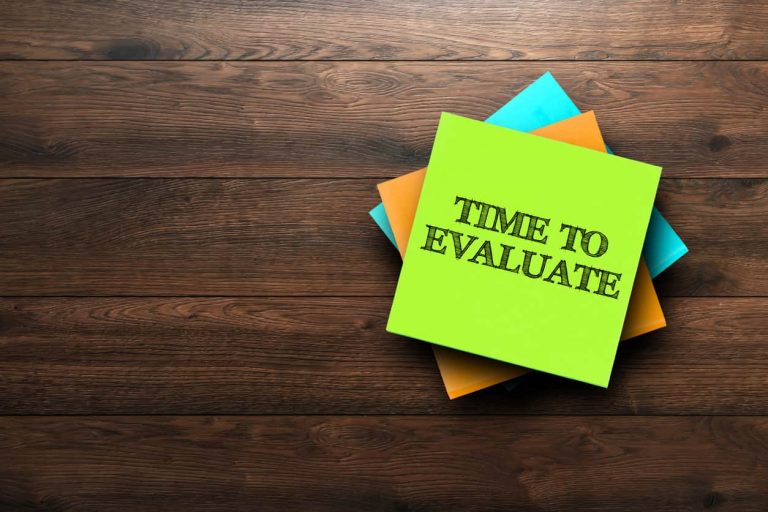Evaluation
RPI has conducted dozens of formative, process, and outcome evaluations. We use innovative and participatory approaches to develop and implement practical evaluation frameworks, using qualitative and quantitative methodologies.
Sample Projects
UpLift is a school-community-university partnership that is working to support the health and learning of children and youth throughout Nova Scotia. UpLift is about intentionally creating environments that are healthy, vibrant, connected, safe, and empowering. The project will receive funding of up to $10 million to work with all schools in Nova Scotia, including the seven Regional Centres for Education (RCEs), Conseil Scolaire Acadien Provincial, and Mi’kmaw Kina’matnewey. To date, the project has secured enough funding to launch in two RCEs in 2020/21 and five more in 2021/22.
The RPI team supported UpLift in building the project from 2016 to 2019. We helped them to
- build partnerships in the health and education systems;
- develop a project plan and budget;
- form an advisory committee;
- raise funds; and
- develop their program.
We then developed the evaluation framework for UpLift in partnership with a working group who guided the planning and are supporting implementation of the evaluation plan. The evaluation must meet the needs of diverse partners. For example, it must fulfill the requirements of the Public Health Agency of Canada funding and align with existing Health Promoting School work. Evaluation activities for teachers and other school staff must also be quick and easy.
We are also working with UpLift staff, leaders, and education and health care partners and other stakeholders to support the evaluation, build the capacity of project staff and partners to support the evaluation, and conduct evaluation activities.
The Pharmacy Association of Nova Scotia hired RPI to evaluate the Community Pharmacy Anticoagulation Management Service (CPAMS), where community pharmacists manage patients taking warfarin, a drug used for anticoagulation management. This involves regular monitoring and point-of-care blood testing for patients and adjusting warfarin doses as needed to ensure that patients are getting the optimal benefit from their medication.
In planning the evaluation we
- created the project logic model;
- identified evaluation questions and performance indicators;
- identified methods to collect data and data sources for the indicators;
- developed data collection tools, such as focus group guides and surveys; and
- developed a plan to implement the evaluation.
For this project, we conducted both the interim (process) and final evaluations. We
- collected the data using online surveys, focus groups, and interviews;
- prepared and analyzed patient clinical data and other pharmacy data from two databases (INR Online and a pharmacist data collection portal);
- analyzed and integrated findings from all data sources into a report; and
- worked with an economist who developed a cost-benefit analysis.

